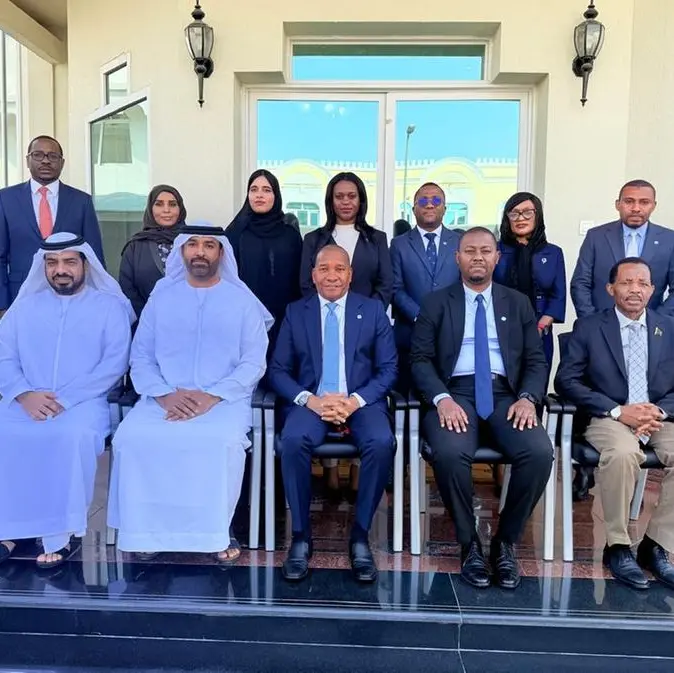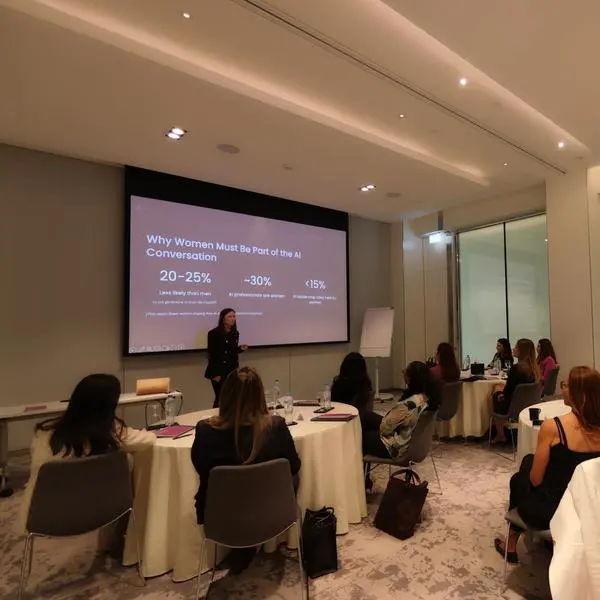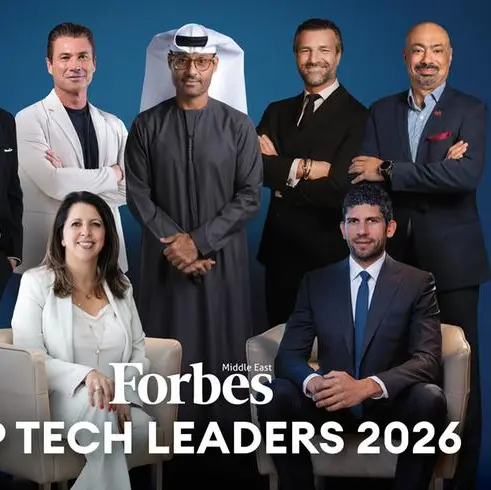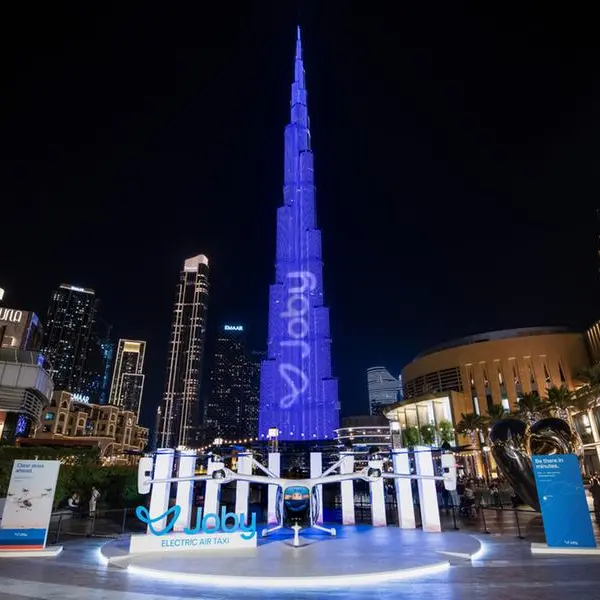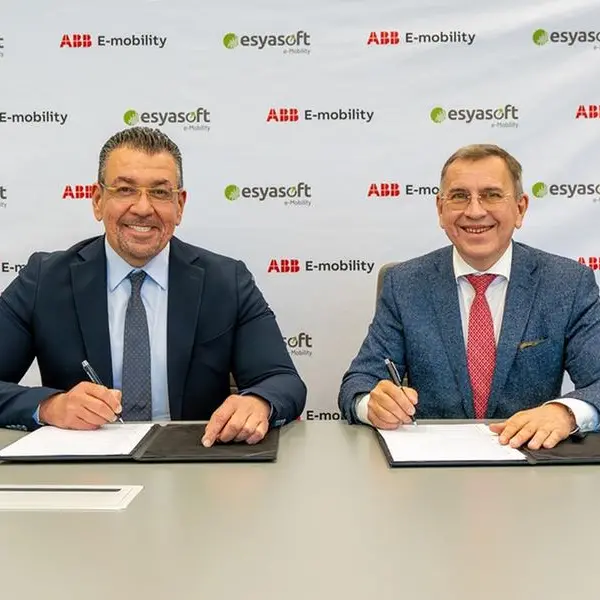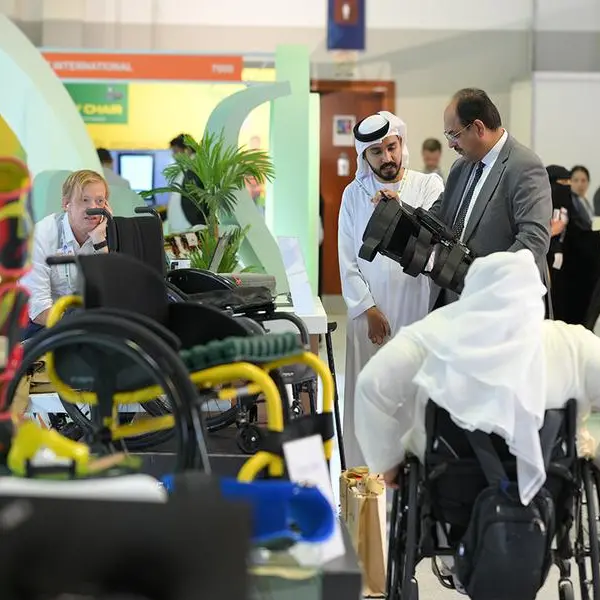Islamic Banking In Morocco Expected To Reach US$8.6 Billion By 2018
RABAT, MOROCCO, 18 May 2014: Thomson Reuters, the world's leading source of intelligent information for businesses and professionals, released a country report on Islamic Finance in Morocco in collaboration with the Islamic Research and Training Institute (IRTI) of the Islamic Development Bank Group, and the General Council for Islamic Banks and Financial Institutions (CIBAFI), the global umbrella of Islamic banks.
Based on exclusive retail consumer and corporate surveys, the report estimates that Islamic banking assets could potentially reach US$8.6 billion by 2018, with a profit pool of between US$67 million and US$112 million for Islamic finance providers.
The national retail consumer survey indicates Moroccan Islamic banking assets could potentially reach up to 5% of total banking assets by 2018, while the retail corporate survey shows Moroccan SMEs struggle with access to capital, and Islamic financial institutions could potentially fill this gap.
While the surveys indicate a high demand for Islamic finance, Moroccans know very little about Islamic financial products, the report adds. Islamic banking and Takaful laws are expected to be passed by the Moroccan parliament this year following the approval of the sukuk law in 2013, and the country's first standalone participatory bank is expected to open by the end of 2014. Two of Morocco's biggest banks, BMCE and BCP are preparing to launch Islamic subsidiaries as the Moroccan parliament discusses the approval of a bill regulating Islamic banks.
The Morocco report marks the third publication in a series of country reports designed to provide a spectrum of primary insights and information about countries developing or engaged in Islamic finance with respect to unique opportunities and challenges.
Dr. Sayd Farook, Global Head of Islamic Capital Markets, Thomson Reuters, said:
"The Morocco retail consumer survey reveals a 98% demand for Islamic financial products in the largely untapped market of over 30 million Muslims. Morocco has no standalone Islamic financial institution, and this presents a substantial opportunity for investors and financial institutions."
The Casablanca Finance City initiative embodies Morocco's strategy to create a business-friendly incentivised environment, providing Islamic financial institutions direct access into Morocco and the surrounding regional markets. Morocco is on the verge of becoming the focal centre of the broader Islamic Economy in Africa, particularly should they continue their dedicated endeavours in instilling the appropriate ground rules for Islamic finance.
Professor Dr. Mohamad Azmi Omar, Director General of IRTI, said:
"The report summarises the initiatives Morocco is offering to create a stable and business-friendly environment focused on the enhancement of the competitiveness of its economy and the realisation of an inclusive and sustainable socio-economic development."
Mr. Abdelilah Belatik, Secretary General of CIBAFI, commented:
"We are confident this report will bring useful insights to the stakeholders that have interest in this promising market, from inside or outside the Kingdom. It is a timely contribution which highlights the opportunities as well as the potential challenges interested parties may face while tapping into this market."
A comprehensive set of Islamic financial regulations are in motion to complete their reviews by mid-2014. There are a lot of expectations of Islamic finance in the Kingdom of Morocco, and the Morocco report breaks these down and presents a forward-looking analysis of potential Islamic banking assets and investment opportunities.
Moroccans expect Islamic finance to not only meet religious obligations; the industry needs to be a driver for inclusive socio-economic progress. The report presents how sharia-compliant avenues - bank financing, sukuk, takaful, funds, leasing, microfinance, zakat, and awqaf - could be put to work across all economic sectors, particularly renewable energy, agriculture, infrastructure, automotive & other manufacturing, and tourism.
To download the full report version of Morocco Islamic Finance 2014: Unlocking the Kingdom's Potential, please visit the link below.
www.zawya.com/landinglead/morocco/
About Thomson Reuters
Thomson Reuters is the world's leading source of intelligent information for businesses and professionals. We combine industry expertise with innovative technology to deliver critical information to leading decision makers in the financial and risk, legal, tax and accounting, intellectual property and science and media markets, powered by the world's most trusted news organization. Thomson Reuters shares are listed on the Toronto and New York Stock Exchanges (symbol: TRI). For more information, go to www.thomsonreuters.com
About the Islamic Research and Training Institute
The Islamic Research and Training Institute (IRTI), a member of the Islamic Development Bank Group (IDBG), was established in 1401H (1981). The principal aim of IRTI is to undertake research, training and advisory activities in Islamic Economics and Islamic Finance to facilitate the economic, financial and banking activities in IDB member countries to conform to Shari'ah. A knowledge-based organization, IRTI, is considered to be one of the pioneers and the key centers of excellence around the world in promoting and supporting the development and sustenance of a dynamic and comprehensive Islamic Financial Services Industry (IFSI), which supports the socioeconomic development of IDB member states and Muslim communities across the globe.
About the General Council For Islamic Banks And Financial Institutions (CIBAFI)
CIBAFI is an International organization, established and hosted in the Kingdom of Bahrain on May 16, 2001. CIBAFI represents the Islamic financial services industry globally, defending and protecting its role, consolidating co-operation among its members and with other institutions with similar interest and objectives. It is an affiliated organ to the Organization of Islamic Cooperation (OIC) and is considered as one of the International Islamic Infrastructure Institutions. CIBAFI comprises 114 members in 27 jurisdictions, representing market players, international inter-governmental organizations, professional firms and industry associations. For more information about CIBAFI, please visit www.CIBAFI.org
CONTACT
Ms Khadija AlAsfoor
Tel: +973 17357306
Khadija.mulla@cibafi.org
Tarek Fleihan
Head, Corporate Communications
Middle East, Africa & Russia / CISTel: +97144536527
tarek.fleihan@thomsonreuters.com
Turkhan Ali Abdul Manap
Senior Research Economist
Tel: +966 126466329
Turkhanali@isdb.org
Ms Khadija AlAsfoor
Tel: +973 17357306
Khadija.mulla@cibafi.org
© Press Release 2014
